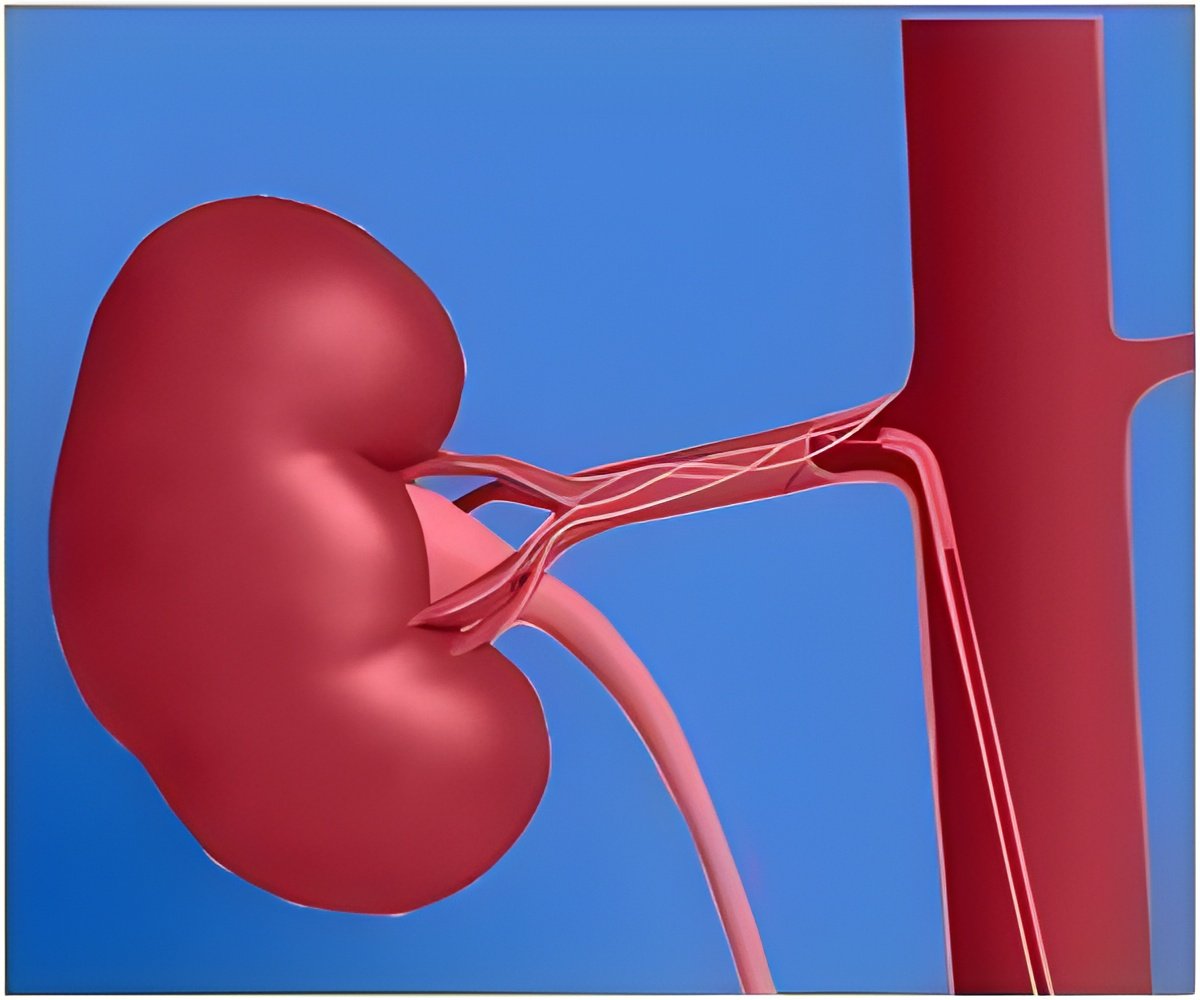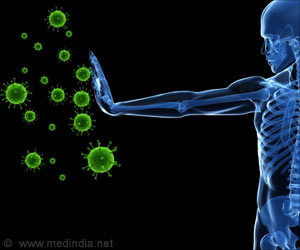As a sequel to the recent exposure of the kidney commerce in Southern India, the licenses issued to two of Chennai’s hospitals have been revoked.

Fifty-four hospitals were provided with licenses for organ transplant out of which forty-nine were private hospitals. They comprised of hospitals from Madurai and Tirunelveli too. The hospitals whose licenses were revoked were M.R. Hospital and Ashwini Soundarya Nursing Home , both located in the city of Chennai. These hospitals were falsely documenting kidney transplant orders and freely forging signatures of the members of the approval committee.
Show cause notices were issued to Apollo speciality, Meenakshi Mission, ABC hospital, Vedanayagam Hospital and nine other hospitals, for not maintaining form III and form IV relating to organ transplant. Not performing the required HLA tests on donor and recipients. Record –keeping was of poor standards in these hospitals and one of them had actually falsified records. Most of these hospitals did not do the appropriate medical tests that was innate to organ transplant, neither was any step taken to establish the relationship of the donor.
There is an acute scarcity of donors among the relatives of the patients, due to fear and apprehensions, and the present state of increased vigilance is bound to heighten the existing dearth. The minister has, however, given assurance to safeguard the patient’s interest. It has been generally agreed upon that cadaver-based transplantation from the brain dead is the right future strategy and must be vigorously propogated.
There is a need to regulate, strengthen and tighten the grip on the reign of affairs related to organ transplant. Measures have been undertaken to salvage the scenario and this has already begun to have its impact. They are -
» Stern action against erring hospital and individuals
» Hospitals are required to present all details of the live- and cadaver-transplant taking place within their precints. Corneal transplants are exempted.
» Cadaver–based transplantation to be promoted
Due to the severity of the present verification protocol there is, already, a huge reprieve from the tardiness associated with organ transplant. Detailed and proper documentation of all the organ transplants are perhaps happening for the first time in the state’s history. Great care is being taken to screen the applicants for kidney donation. This has rendered the middlemen jobless. There is a marked decrease in the number of live, unrelated kidney donor applicants in the past two months from 20 a week, before 2007 Jan, to 4-5 a week, now. There is a drop in applicants from other states of India too. A conscientious effort by the regulatory bodies and a vigilant public will secure India’s primary place in the health map of the world.
Source-Medindia











